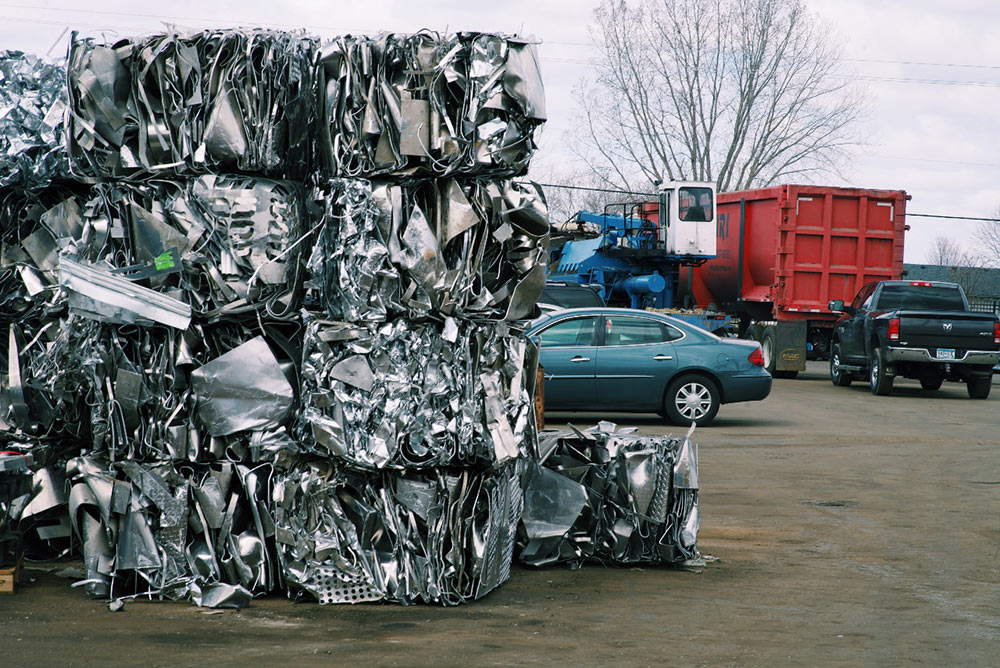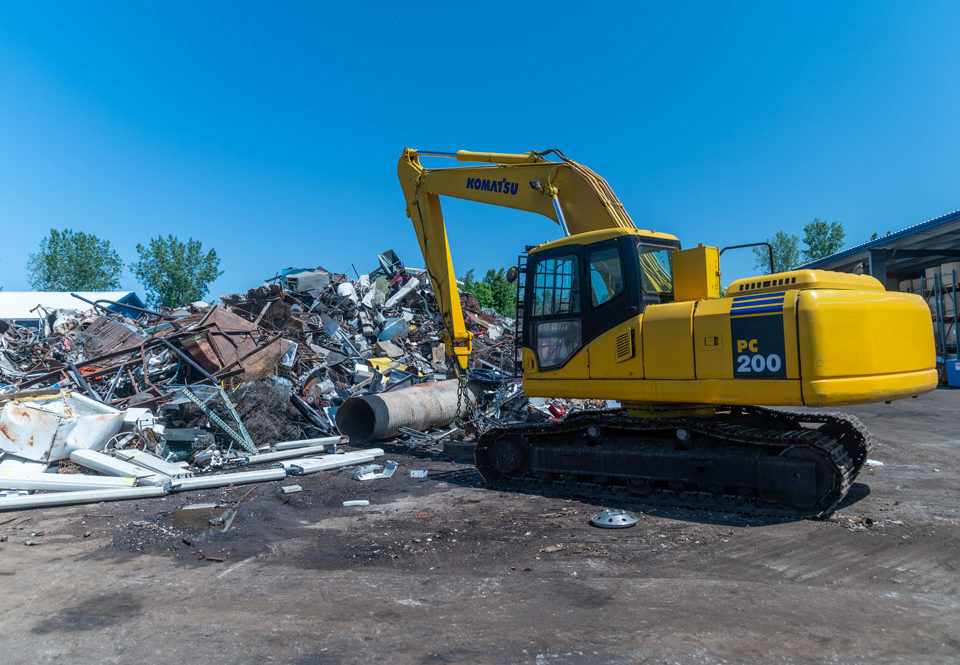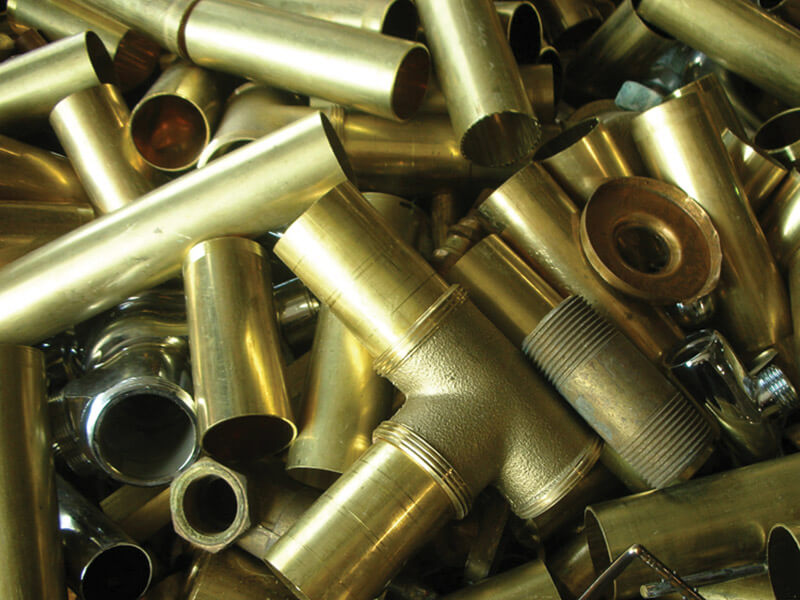
Do you have any scrap metal that you’d want to recycle? If you’re debating whether or not recycling is worthwhile, this may help.
Metal recycling is a prevalent practice. Recycling metal consumes less energy than producing new metal. Metal may be recycled over and over again. As a result, when businesses are searching for solutions to reduce their waste, metal recycling is frequently explored. All sorts of ferrous metals, including stainless steel and iron, can be recycled. Non-ferrous metals, such as aluminum, zinc, and copper, can also be recycled. Companies can now bundle scrap metal for recycling as a result of this.
Platinum, gold, and palladium silver, which were previously used to make computers, can even be recovered.
Of course, recycling metal saves more than simply energy. It can also assist businesses in saving money. When scrap metal is recycled, it lowers your production costs. As a result, metal recycling is a fantastic choice. If you’re still not convinced, here are five more reasons why metal recycling is important.
Why Is Metal Recycling Important?
- It Saves Natural Resources: When metal is recycled, it eliminates the need for new metal production. As a result, many natural resources necessary to make metal, such as iron and coal, can be saved. Recycling is environmentally friendly and allows businesses to take responsibility. As previously noted, recycling metal can help save energy. The way we use natural resources, such as coal, is something to think about. Coal was responsible for 43 percent of all global greenhouse gas emissions a decade ago. Coal has remained a problem since that time.
- It’s A Good Way To Use Raw Materials: There aren’t many raw materials that can be recycled without affecting their original qualities. This is especially true in the case of metal. As a result, the only reason to make new metal is if demand is not met. Even when working with metals with a higher value, such as aluminum, you can repeat the recycling process as many times as necessary. Metal recycling facilities take all types of metals. Scrap metal will not depreciate in value over time.
- It Has the Potential to Reduce Carbon Emissions: Many businesses are working to become more environmentally friendly. It is vital to recycle raw materials wherever possible in order to meet targets. Recycling metal reduces emissions, which can aid in the reduction of air pollution. It could help your company meet its carbon reduction targets. Above all, this procedure reduces the amount of pollution in the air. Metal is extremely adaptable, and companies should take use of this.
A ton of aluminum recycled can avert the release of 9 tons of CO2. According to studies conducted by the Planet Mark Environmental Foundation, recycling aluminum conserves five tons of bauxite.
- It Can Lower Production Costs: Recycling can help you save money, and there’s nothing wrong with that. Recycling metal is less expensive than producing it, which is why more businesses are beginning to recycle. It can lower your production expenses, allowing you to put more money towards collecting charges. Utilizing your own garbage is a cost-effective alternative.
- It Allows You To Meet Industry Standards: Concerns about the environment have only grown in recent years. As a result, the recycling industry is putting additional pressure on businesses to meet particular standards. It is expected that resources will be recycled whenever possible. This means that if you have scrap metal that can be recycled, you should take advantage of it. Furthermore, many people have found work in the recycling industry, indicating that it has a good economic impact.
Before bringing scrap metal to a recycling facility, it’s critical to focus on on-site segregation and apply quality control methods.



